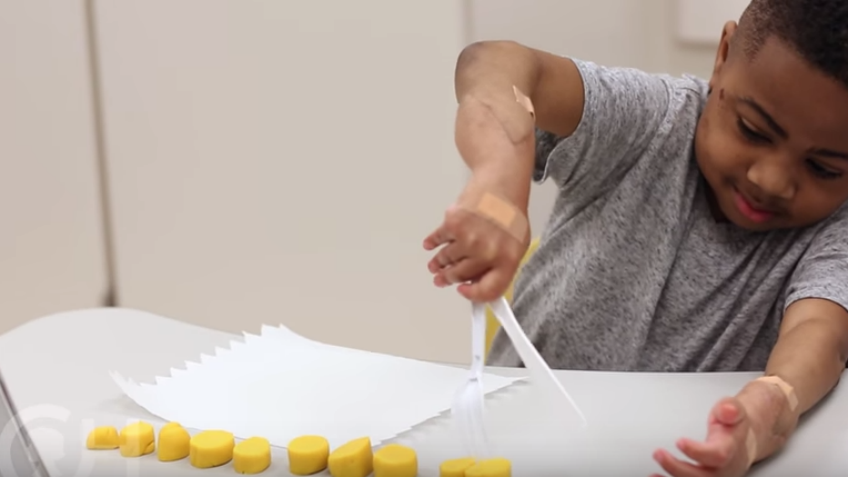My self is MANOJ DINDA from delhi india a post kidney transplanted patient in may 2008. I got some information about the renal transplant patient through the talk to the post transplanted patient and through internet that the average life of the post transplanted patient is 10 year . I want to get some information regarding post transplanted patient
1. What is the average life of a renal transplanted patient ? how it can be extended what are the precautaion such as diet . exercise, routine life for increasing the life?
3. Is there is any method by which any transplanted organ (SPL. KIDNEY) may work for life long or may be work for 25-30 year?
4. Is there is any method such as AWAK,STEM CELL THARAPY , XENOTRANSPLANTATION, NEW MEDICATION,
Which is successful/safe in case of the kidney failure/rejection case for the treatment other than transplant/dialysis?
5. I have read some Traditional chinese medication such as (vinger etc. ) which is successful in the case of kidney failure. I want to know that is it true ? if yes then from where we can use such treatment
6. If not than any other therapy/doctor/person/organization/etc. which are given successful treatment for such patient.
I am attaching some file regarding my file and document regarding the treatment including my report medication and general parameter for consultation I hope you will provide your opinion regarding my quarries my mail ID is [email removed by EmpowHer Moderator] for privacy] Please send your opinion or comments regarding it on my mail id you can join me on the face book on given address.
All user-generated information on this site is the opinion of its author only and is not a substitute for medical advice or treatment for any medical conditions. Members and guests are responsible for their own posts and the potential consequences of those posts detailed in our Terms of Service.




Add a Comment2 Comments
Hi Manoj,
The lifespan of a renal transplant patient can be just as long as someone who does not have a kidney transplant-- it really all depends on kidney rejection and the possibility of getting another if this does happen.
Kidney transplants, like other treatments for kidney failure, often require following special diet guidelines. If you were on dialysis before, you may find this new diet less restricted. The length of time you must follow the special diet varies. Your progress will be followed closely, and your doctor and dietitian will change your diet as needed.
Please read this about nutrition after a transplant: http://my.clevelandclinic.org/services/kidney_transplantation/hic_nutrition_after_kidney_transplant.aspx
The most important complication that may occur after transplant is
rejection of the kidney. The body's immune system guards against attack by all foreign matter, such as bacteria. This defense system may recognize tissue transplanted from someone else as "foreign" and act to combat this "foreign invader."
You will need to take medications every day to prevent rejection of your new kidney. Most patients need to take three types. The major one is usually cyclosporine or tacrolimus or sirolimus. In addition, you will most likely be taking some type of steroid and a third medication, such as mycophenolate mofetil, azathioprine or rapamycin. Additional treatment may be needed if a rejection episode occurs. Regular checkups at your transplant center will ensure early detection and treatment of rejection.
According to the Organ Procurement and Transplantation Network:
About 95 percent of people who receive a living-donor kidney transplant have a functioning kidney after one year. After five years, that rate is about 80 percent.
About 92 percent of people who receive a deceased-donor kidney transplant have a functioning kidney after one year. Five years after transplant, the rate is about 70 percent.
25 years is a very successful kidney transplant and can happen. But this isn't for anyone to decide, it's all a matter of following your diet, keeping up with your medications, and always attending doctors visits.
You will have to speak to your doctor about any natural remedies in case of kidney rejection-- sometimes these can interact with your anti-rejection medications so I would advise that you speak to your doctor first.
Best wishes,
Rosa
October 10, 2011 - 6:14amThis Comment
Thanks ROSA
October 10, 2011 - 8:38pmThis Comment